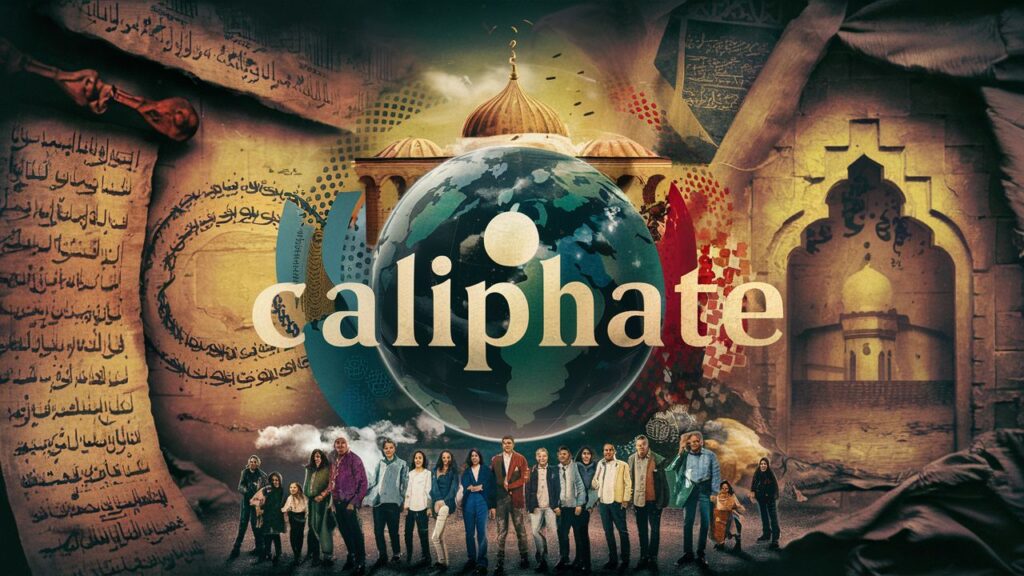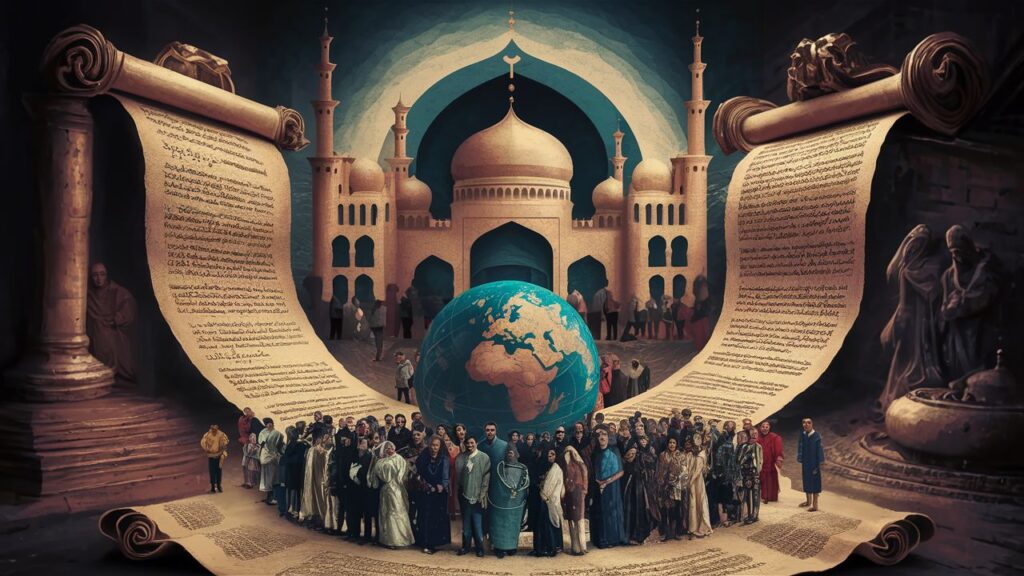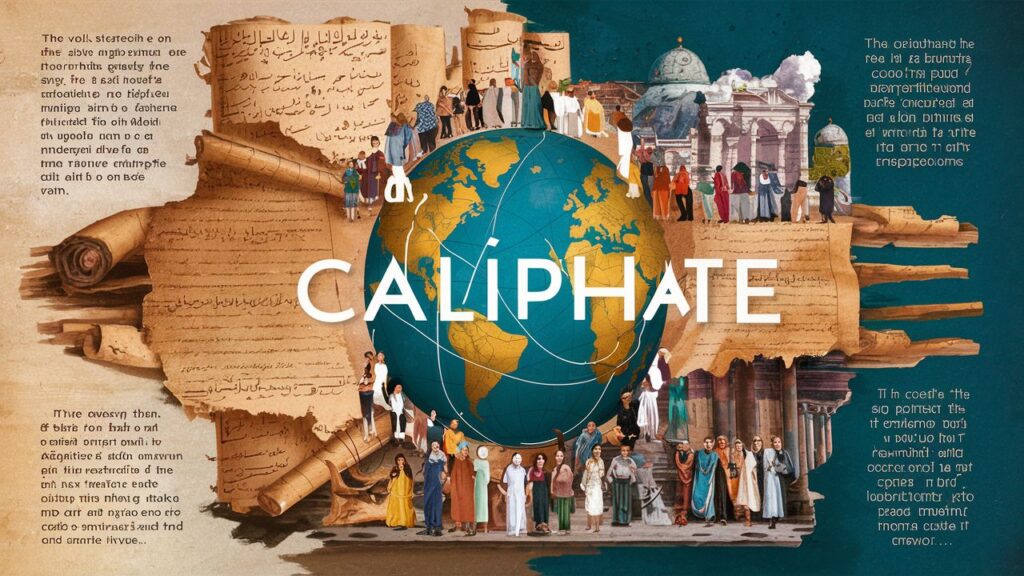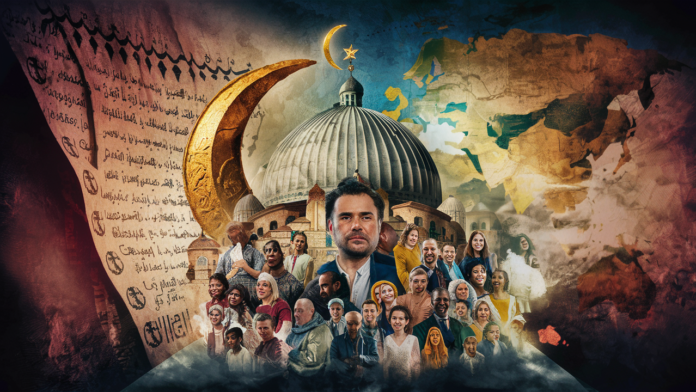The term “caliphate” carries a weighty significance, stirring a spectrum of reactions, from reverence to apprehension. To truly comprehend its essence, one must unravel its historical roots and contemporary connotations. By exploring its multifaceted nature, we embark on a journey of understanding that transcends simplistic narratives.
Historical Genesis of the Caliphate

The birth of the caliphate traces back to the aftermath of Prophet Muhammad’s demise. The Rashidun Caliphate, marked by the leadership of the rightly guided caliphs, embodied an era of unity, justice, and enlightenment. Under their stewardship, Islam expanded its horizons, not only territorially but also intellectually. This period saw the flourishing of knowledge, with centers of learning such as Baghdad and Cordoba becoming beacons of scholarship and innovation.
Contemporary Perceptions and Misconceptions
In modern discourse, the term “caliphate” is often intertwined with notions of extremism and political instability. However, such associations risk oversimplifying a complex and diverse history. While certain extremist groups have co-opted the term to further their agendas, it is crucial to recognize that the caliphate encompasses a spectrum of interpretations and manifestations. From the Ottoman Caliphate’s legacy of pluralism and tolerance to contemporary extremist ideologies, the caliphate’s image has been subject to distortion and manipulation.
Spiritual Leadership and Moral Authority

Central to the concept of the caliphate is its role as a symbol of spiritual leadership and moral authority. Historically, caliphs were entrusted with the responsibility of safeguarding Islamic values and promoting the welfare of the community. They served not only as political rulers but also as spiritual guides, fostering an environment conducive to moral growth and societal harmony. This emphasis on ethical conduct and social justice remains a cornerstone of the caliphate’s enduring legacy.
Challenges and Controversies in the Modern Era
Despite its noble ideals, the caliphate faces numerous challenges in the contemporary world. Political turmoil, sectarian strife, and geopolitical rivalries have all contributed to a fragmented and distorted portrayal of this institution. Moreover, the rise of extremist factions claiming allegiance to a twisted interpretation of the caliphate has further muddied the waters, engendering fear and suspicion. The misappropriation of the caliphate’s legacy for political gain has led to widespread misconceptions and misrepresentations.
Reimagining the Caliphate in the 21st Century

In light of the challenges and controversies surrounding the caliphate, there is a pressing need to reexamine its role and relevance in the modern era. Rather than clinging to outdated notions or succumbing to extremist ideologies, there is an opportunity to redefine the caliphate as a symbol of unity, justice, and compassion. By embracing diversity, promoting dialogue, and fostering inclusive governance structures, the caliphate can reclaim its rightful place as a force for good in the world.
Conclusion
In conclusion, the caliphate remains a complex and multifaceted concept that defies simplistic categorizations. By delving into its historical genesis, contemporary perceptions, and enduring principles, we gain a deeper understanding of its significance. While challenges abound, there is hope for a reimagined caliphate that upholds the values of tolerance, justice, and humanity. In demystifying the caliphate, we pave the way for informed discourse and meaningful engagement that transcends stereotypes and fosters mutual respect and understanding.


